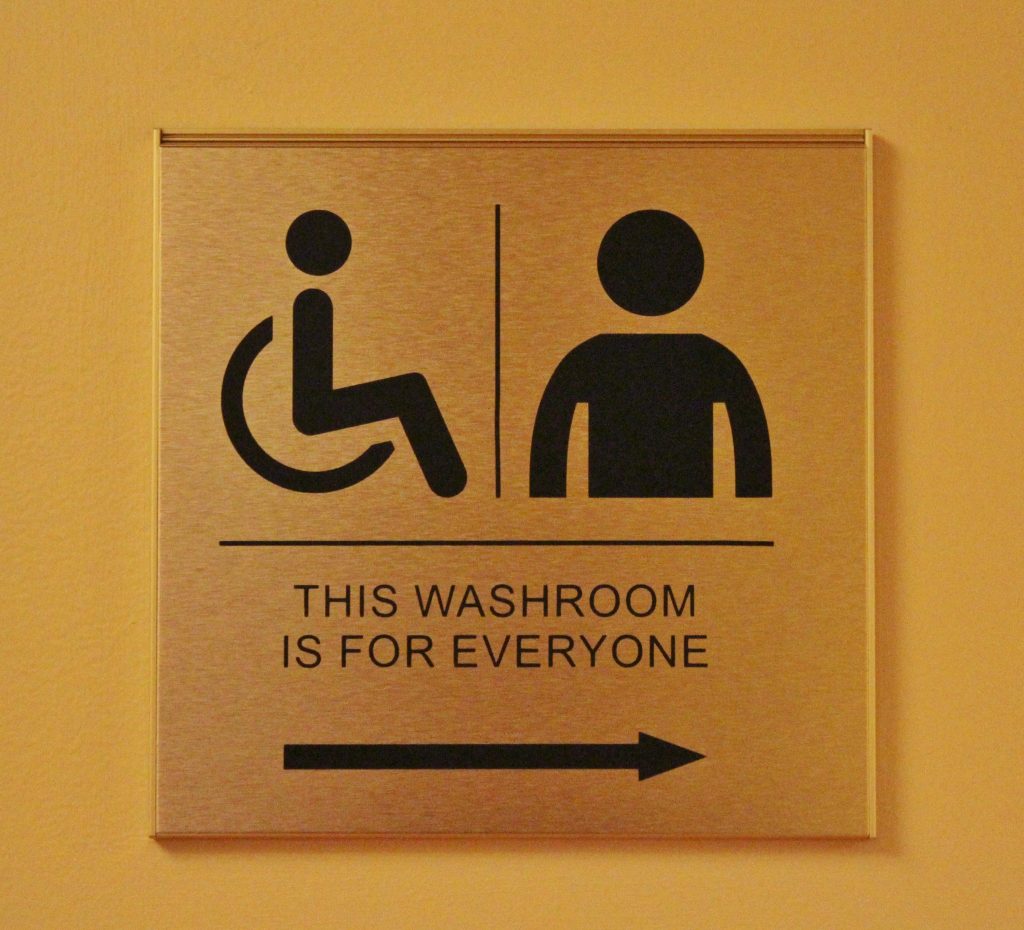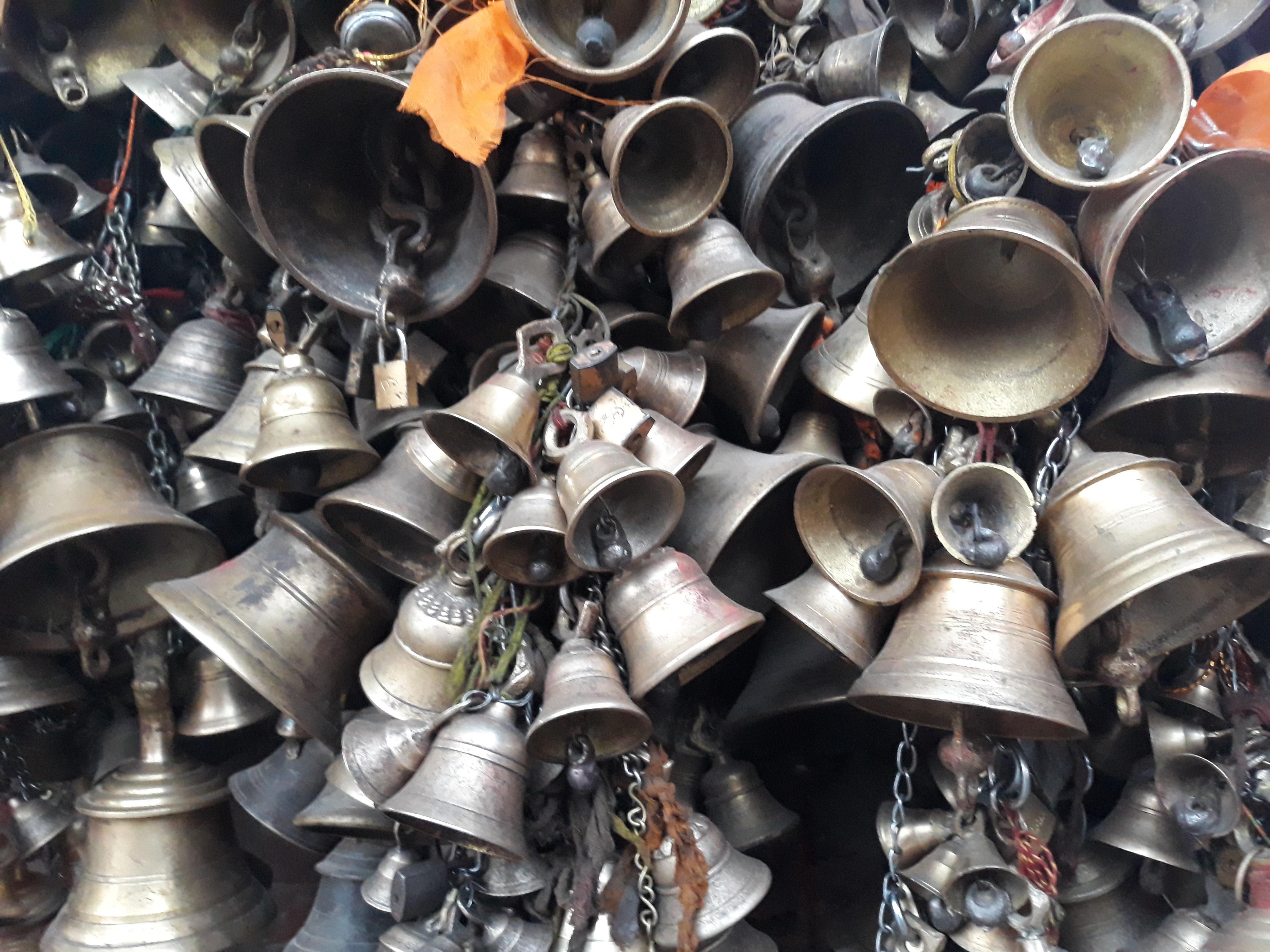Abortions: When the Political Is Personal
It’s hard to turn on the news in Atlanta right now without hearing about the new anti-abortion bill that’s been passed in Georgia or anti-abortion legislation in other states like Alabama. This legislation fires up people of all beliefs and backgrounds. But it can also be triggering—if not outright re-traumatizing—to women who have made the difficult choice to have an abortion.
And most of the women who find themselves stirred up by all the talk about abortion will likely stay silent. Talking about abortion is still taboo even though an estimated one in four women will have an abortion during their lifetime. For many women, a past abortion is a secret they don’t share out of fear of judgment or because of judgment they impose on themselves. As a result, there can be tremendous shame, guilt, and unresolved grief—often leading to isolation, depression, and increased anxiety.
Grief? Yes grief. It’s totally normal for women who have abortions to need to grieve. Unfortunately it’s also perfectly normal for women to believe they “shouldn’t” need to grieve. But abortion is complicated for many women, a difficult choice at a difficult moment in their lives. Grief is normal and natural.
We know that the antidote to shame and unresolved grief is speaking our truths—the messy, complicated truths—to safe people in safe places. As abortion continues to be a political issue, I sincerely hope that all who have actually experienced an abortion are surrounded by comfort, love, and support. You are not alone.














